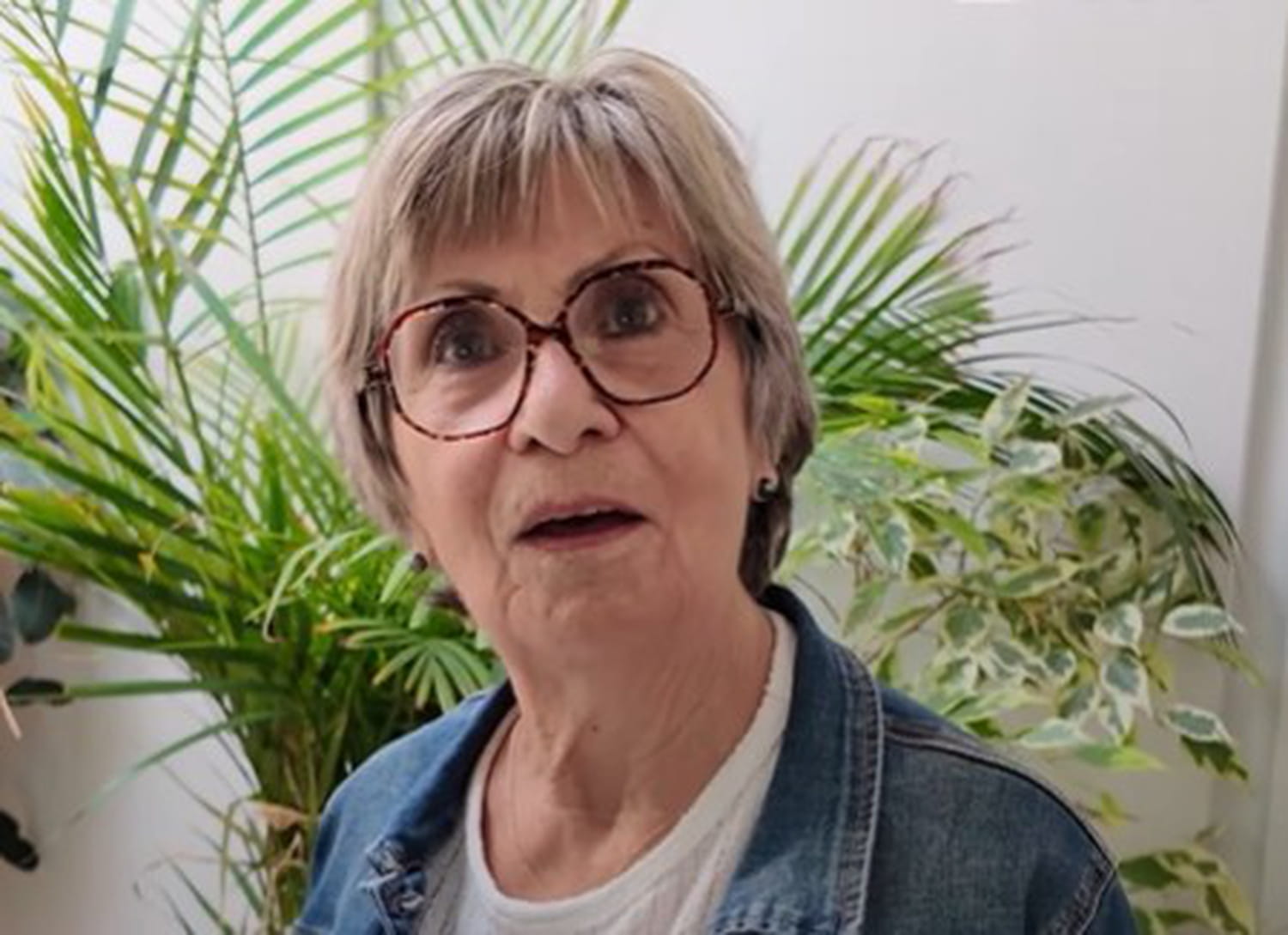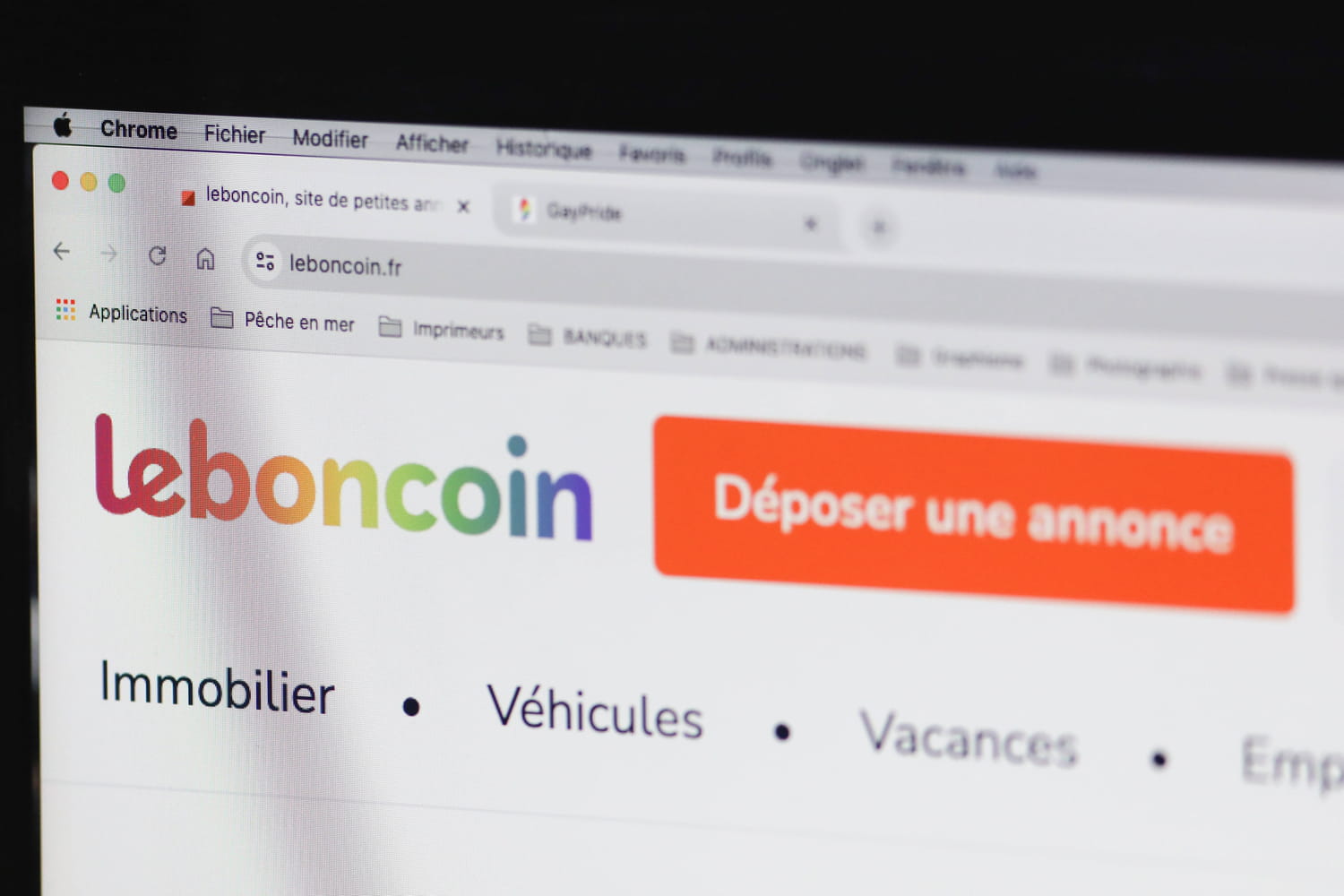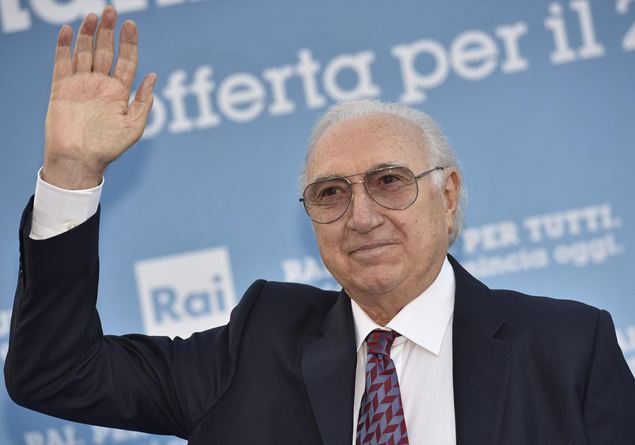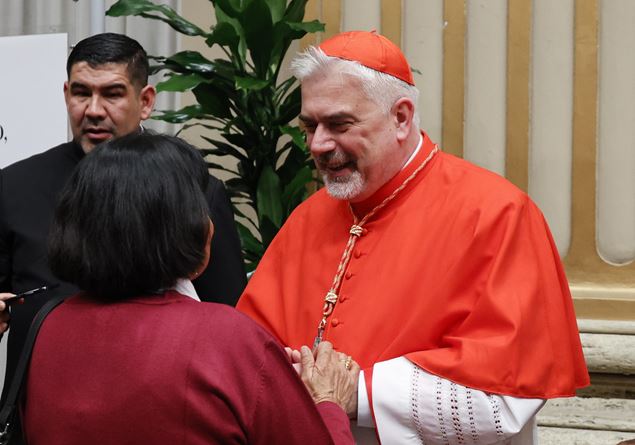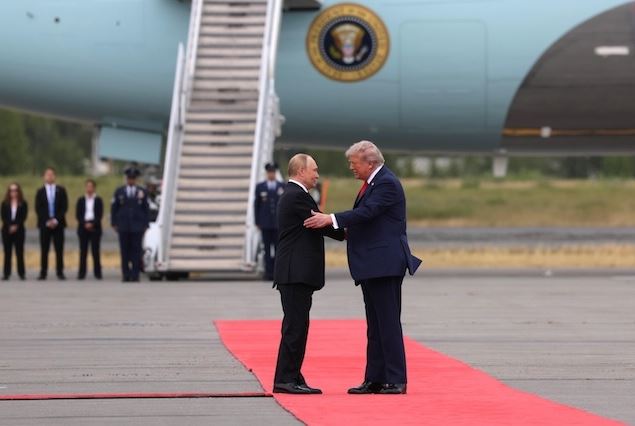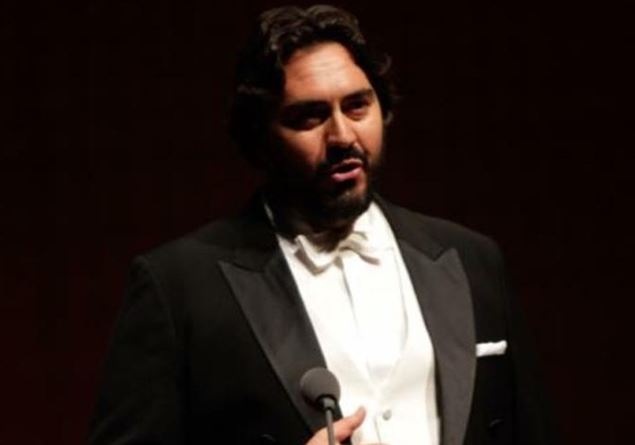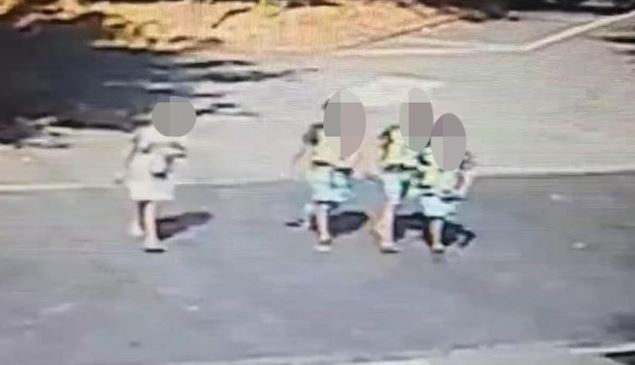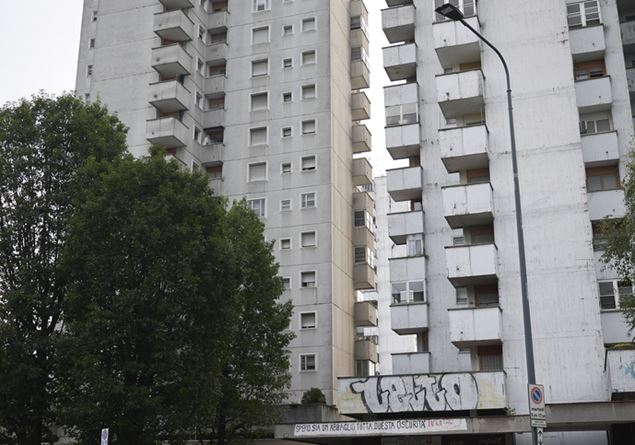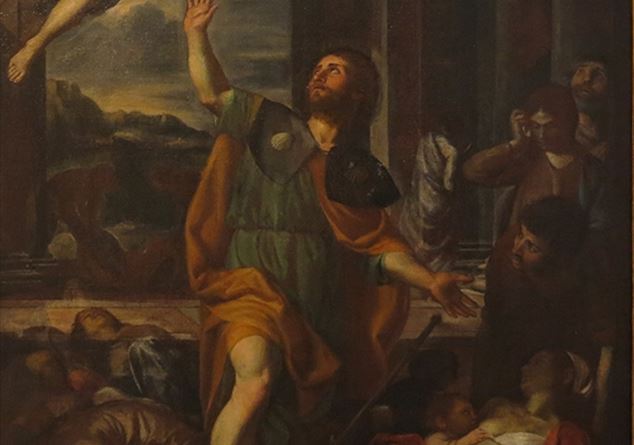A place to put into practice the principles of full ecology. Open to all so that everyone can “be surprised at beauty”. Cardinal Fabio BaggioUndersecretary of the Dicastery for full human development and director of the Laudato Higher Education Center, he explains that “we wanted to call this place” Borgo “, open to all and where to make a real ecological catechesis to explain the connections we have with nature and restore the relationships between the human family and the rest of the creation under the imprint of San Francesco di Assisi”.
So a Franciscan spirituality?
«Yes, the project resumes the canticle of creatures, with this desire to restore relationships that have become” abusive “. We are using the creation for our interests, while we should be the “administrators” of the design that God traces in genesis: carrying on the creation, responsible for the great family of living beings. It is not the climate change, this global threat, to tell us that we have to act, even if it is a stimulus to do faster, but the awareness of the right relationship that we must have with the world in which we live ».
What are your pillars?
«They are three. The first is an education inclusive to ecology and ecological conversion that includes the paths for pilgrims who, especially with the Jubilee at the gates, will arrive numerous, for schools and universities, training at work, training for entrepreneurs and, finally, a series of events, at least one per month, who put art, nature and music together. Because it is the beauty that saves us ».
And the second?
«It is that of the circular and generative economy. All the activities, which we carry out with several partners who share our principles, also have a commercial part because the projects self -conscious. We are talking about reception and therefore also of catering, regenerative agriculture, in greenhouse, zootechny, cheese production, yogurt, ice cream, vegetables, fruits … are all things that will be consumed inside and that will also produce experiences in the workshops. The oil, for example, also means organizing tastings, explaining what the production process is, what is the value of the work included in that project. We, as a center of higher training, coordinate activities, visits, training. The sign of collaboration with the other partners is also this new structure that we are creating, a greenhouse in which to apply traditional work and also experiment with resistant plants that can respond to climate change through a natural selection ».
And finally?
«With full ecology and circular economy, the third leg of the project is environmental sustainability. We have ten goals, but at the moment we are focusing on three: water, energy, waste. We are reforming the entire water system of the gardens to make it practically independent, resilient, through the collection of rainwater and the computerized renovation of our entire structure. On energy we are thinking, for existing buildings, photovoltaics and perhaps even the agrivoltaic. Finally, the No Waste, with the aim of not producing waste but of reusing everything ».
Is it a replicable model?
“We are in a wonderful condition with these beautiful gardens that are a UNESCO heritage. But this project, although complex, is also practicable in other places. Maybe not in full. There are those who are interested in the reuse of the waters, some of regenerative agriculture, some of environmental sustainability. Each can take inspiration and collaborate. And we are also open to the ideas of others ».
What message do you want to give to how many will come to visit you?
“We would like, by leaving, visitors bring to the Pope’s appeal to an ecological conversion that begins from each of us, from how we use things, from how we relate to nature”.
